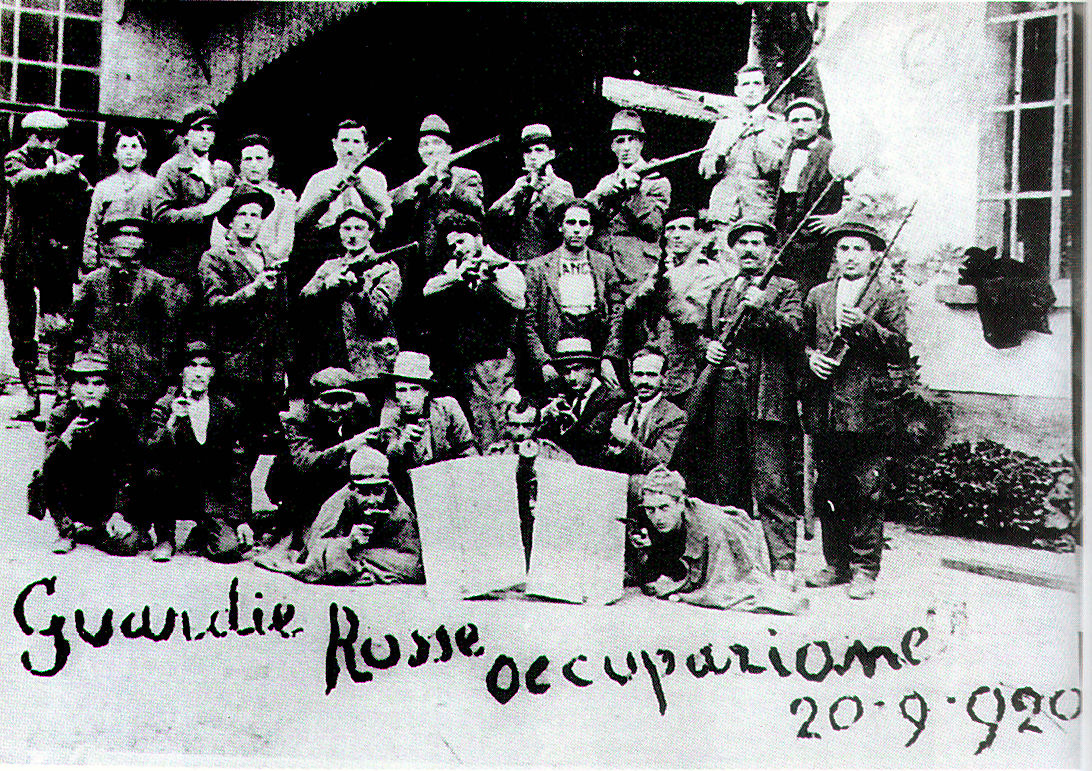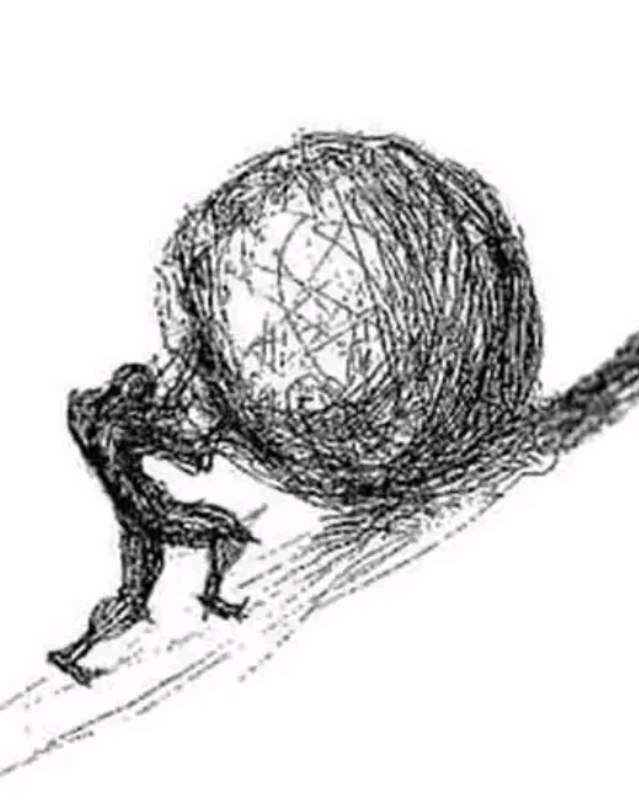An interesting and short article by Gramsci on bourgeois conceptions of history, and important dates.
This text was first published in Avanti!, Turin edition, from his column “Sotto la Mole,” January 1, 1916.
Every morning, when I wake again under the pall of the sky, I feel that for me it is New Year’s day.
That’s why I hate these New Year’s that fall like fixed maturities, which turn life and human spirit into a commercial concern with its neat final balance, its outstanding amounts, its budget for the new management. They make us lose the continuity of life and spirit. You end up seriously thinking that between one year and the next there is a break, that a new history is beginning; you make resolutions, and you regret your irresolution, and so on, and so forth. This is generally what’s wrong with dates.
They say that chronology is the backbone of history. Fine. But we also need to accept that there are four or five fundamental dates that every good person keeps lodged in their brain, which have played bad tricks on history. They too are New Years’. The New Year’s of Roman history, or of the Middle Ages, or of the modern age.
And they have become so invasive and fossilising that we sometimes catch ourselves thinking that life in Italy began in 752, and that 1490 or 1492 are like mountains that humanity vaulted over, suddenly finding itself in a new world, coming into a new life. So the date becomes an obstacle, a parapet that stops us from seeing that history continues to unfold along the same fundamental unchanging line, without abrupt stops, like when at the cinema the film rips and there is an interval of dazzling light.
That’s why I hate New Year’s. I want every morning to be a new year’s for me. Every day I want to reckon with myself, and every day I want to renew myself. No day set aside for rest. I choose my pauses myself, when I feel drunk with the intensity of life and I want to plunge into animality to draw from it new vigour.
No spiritual time-serving. I would like every hour of my life to be new, though connected to the ones that have passed. No day of celebration with its mandatory collective rhythms, to share with all the strangers I don’t care about. Because our grandfathers’ grandfathers, and so on, celebrated, we too should feel the urge to celebrate. That is nauseating.
I await socialism for this reason too. Because it will hurl into the trash all of these dates which have no resonance in our spirit and, if it creates others, they will at least be our own, and not the ones we have to accept without reservations from our silly ancestors.
– Translated by Alberto Toscano
Big Carpe Diem Yolo energy
It’s not that I disagree entirely with him but sometimes socialists can be a bit sour just for the sake of it. NYE is silly and to some degree it may be a bit commercialized but I had a great time with family and friends yesterday, sharing some traditional food and drinks, laughing, thinking about the past year and the future year. It was fun.
Yes, I also quite like NYE, I don’t know why he chose to write about it in particular, maybe it was worse in his time. However, his point about about bourgeois holidays and commemorations of historical events that have no meaning to the vast majority of today’s people I find to be correct. There are several such “holidays” in my country which the bourgeoisie basically forces, and which the majority of people don’t care about. I guess getting the day off is still nice though.
Nah you’re definitely right. The whole insufferable leftist stereotype is kinda true haha
deleted by creator
deleted by creator
I agree, it has that vibe a bit, and I have no particular problem with New Year’s, but his general point is definitely correct when it comes to some bourgeois holidays and commemorations of specific historical events that really don’t have any meaning to the vast majority today. I can think of several examples that are “celebrated” in my country.
Big fan of the sentiment. Positivist accounts have their place and I love seeing critical evaluations of them.
Based on this comment, I think you’d also enjoy Gramsci’s The Revolution against Das Kapital (1917)!






